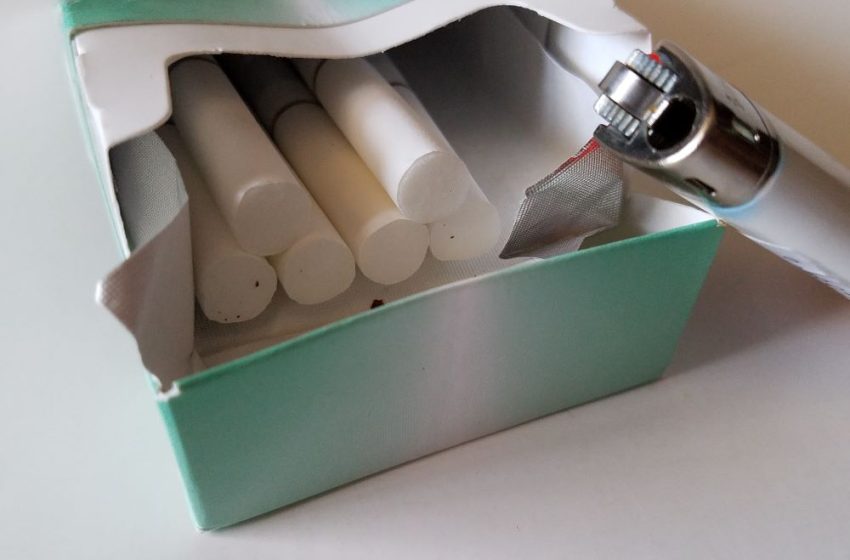
Joey Salceda, the chairman of the Philippine House of Representatives Ways and Means Committee, has proposed new legislation to tackle the illicit trade in cigarettes, reports the Philippine News Agency.
Among other things, the measures would address smuggling through the country’s economic zones, leakage of tobacco declared for export or transshipment, and the manufacture of fake cigarettes.
The illegal tobacco market has flourished in the Philippines recently. The government expects to miss out on PHP60.6 billion ($1.06 billion) in revenue this year if the illicit tobacco trade continues on its current trajectory.
Salceda noted that 2022 tax collections declined by 7.8 percent to PHP160.4 billion and that the government missed its 2022 target of PHP191.6 billion by PHP31.2 billion.
Salceda said that illicit cigarettes are “easy to come by” in every trade segment. “There is no challenge to buying these brands,” he was quoted as saying. “And they sell at as low as one-fifth the price of licit cigarettes. The legitimate ones don’t stand a chance. Even fakes of premium brands are becoming easier to come by. From the same online shopping sites, fakes that are half the price and supposedly of the same flavor are sold openly.
“In the meantime, the revenue base will continue to shrink, and there is a chance that prevalence might actually increase as a result of cheaper illicit alternatives. This is a serious national crisis. For better or for worse, our advocacy of higher taxes played a role in making the illicit sector more attractive. We have a responsibility to help solve this problem,” he said.

















